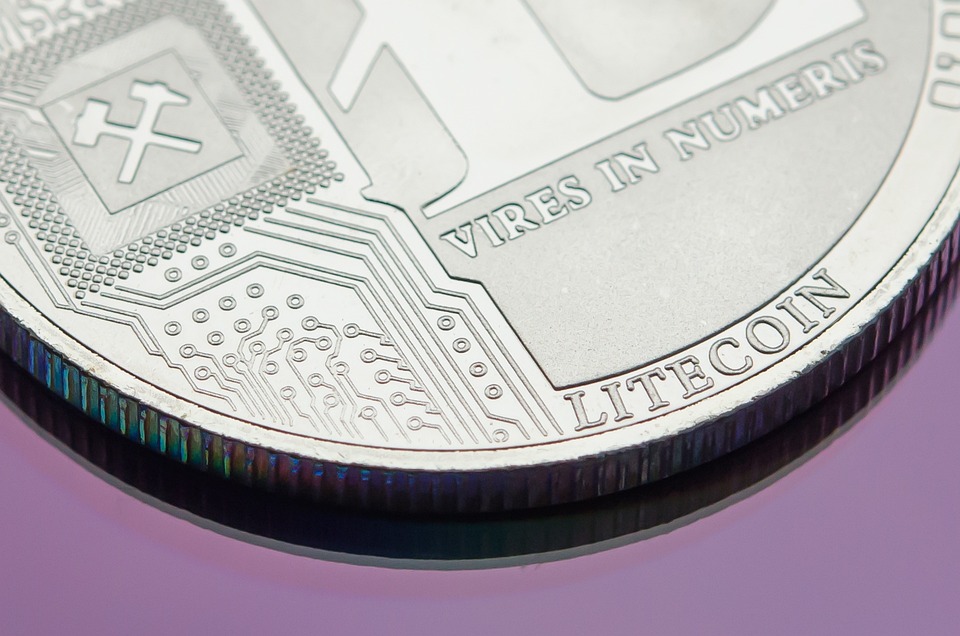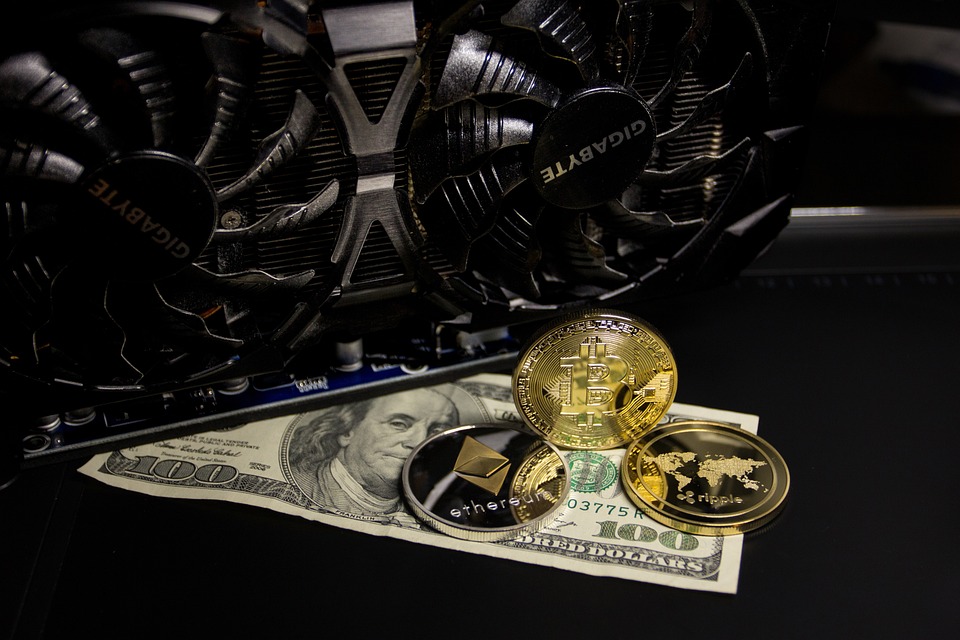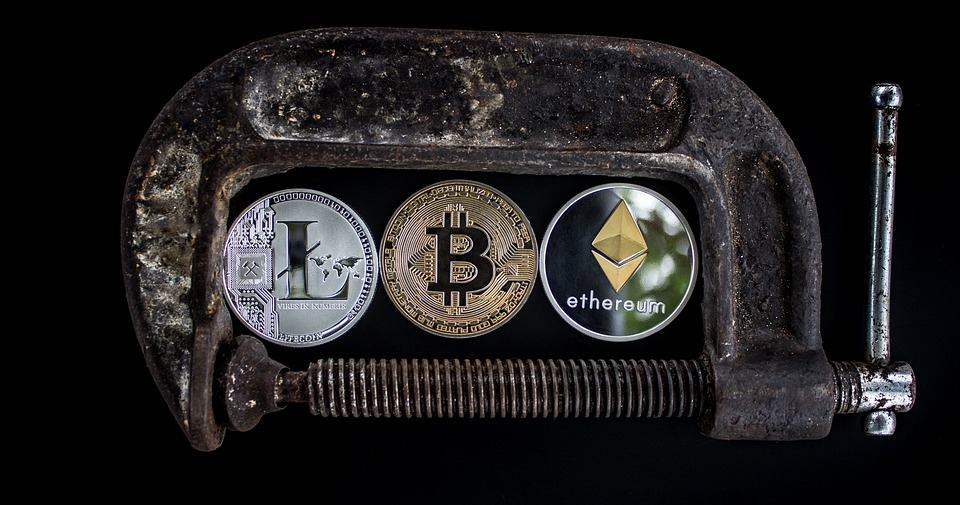Tokenization is a process that converts sensitive data into unique tokens or symbols, which can then be used in place of the original data. This technique is commonly used by companies to protect customer information and secure online transactions. In this comprehensive guide, we will delve into the basics of tokenization to help you better understand how it works and why it is important for businesses.
What is Tokenization?
Tokenization is a cybersecurity method that replaces sensitive data with randomly generated tokens. These tokens are used as placeholders for the actual data, such as credit card numbers, social security numbers, or personal identification numbers (PINs). By using tokens instead of the original data, companies can reduce the risk of data breaches and theft.
How Does Tokenization Work?
When a customer enters their payment information on a website, the data is first encrypted and then sent to a secure server. The server then generates a random token to represent the original data. This token is stored in the company’s database, while the actual data is securely stored by a third-party service provider.
When a customer makes a purchase using their stored payment information, the token is sent to the server instead of the actual data. The server then uses the token to retrieve the original data from the third-party service provider and complete the transaction.
Benefits of Tokenization
Tokenization offers several key benefits for businesses looking to enhance their data security and protect customer information. Some of the main advantages of tokenization include:
1. Enhanced Security: Tokenization helps minimize the risk of data breaches and theft by replacing sensitive data with randomly generated tokens. This makes it harder for cybercriminals to access or steal valuable customer information.
2. Compliance with Regulations: Many industries, such as healthcare and finance, are required to comply with strict data protection regulations. Tokenization can help businesses meet these regulatory requirements and avoid costly fines for non-compliance.
3. Improved Customer Trust: By implementing robust data security measures like tokenization, businesses can build trust with their customers and reassure them that their information is safe and protected.
4. Streamlined Payment Processes: Tokenization can help streamline payment processes by securely storing customer payment information and allowing for quick and convenient transactions.
In conclusion, tokenization is a powerful tool for businesses looking to enhance their data security and protect sensitive customer information. By understanding the basics of tokenization and implementing this technology in your organization, you can reduce the risk of data breaches and theft, comply with regulations, and build trust with your customers.




